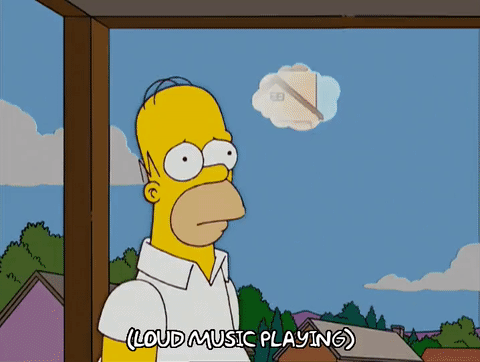Really Remembering Vocabulary
Episode #3 of the course Speak English fluently: How to create your successful English study plan by Sabrina Rose
Today we’re going to look at a very important action step to take to help you reach English fluency. Let me tell you what you have to STOP doing first:
You must stop studying lists of words.
Let me say that again:
You have to stop trying to memorize words all by themselves.
This habit of memorizing lists of words all by themselves is even worse if you are always trying to learn HUGE, LONG lists of words (like to take the TOEFL or another English test like that).
This ineffective study habit comes from academic, grammar-book-based learning. I did this (very ineffectively, I might say) in my first Spanish class in junior high school and all the way through college as I was studying Spanish. I kept doing this “list of solo words learning” when I started studying Japanese at age 24. I didn’t know there was a better way! But then I started doing something different:
I started studying whole phrases.
When you study whole phrases (also called “chunks”), you will learn how words are used in context and which words usually go together. It’s also best to study phrases or chunks that will be useful for you. So also remember:
Choose phrases that will help you reach your English fluency goals.
If you always keep your true, full English fluency goal in mind, you will remember to study and learn useful phrases for YOUR situation and YOUR goals. The steps below will walk you through a technique that will help you really remember important (to you) vocabulary words and phrases.
Steps to take today:
Step 1: Find and record
To make this easy, find an interesting or difficult phrase you would like to remember to use later from this very email and write the WHOLE SENTENCE down in your English journal, notebook, or one of your Anki decks.
(If you still don’t have a place for your English study materials, get some paper and staple a few sheets together right now, then label the front “English.”)
Try to choose a phrase that will be helpful for your main English study goal. Write down the phrase.
Step 2: Write a new sentence with your chosen phrase
Make up and write down another sentence using the same phrase. This will help you see the phrase in another context.
Step 3: Imagine
Close your eyes for 10 seconds and imagine the phrase. How do you feel right now when thinking about this phrase? What situations does this phrase make you think about? Where will you be when you use this phrase? Where are you sitting/standing? Who will you be talking to or writing to when you use this phrase? BONUS POINTS: Think in English as you do this exercise.
After you sit and imagine the situation for a minute or two, write about your experience. Write about how you felt, what you imagined, and how, where, and with whom you’ll be talking when you use this phrase. Read what you wrote out loud to practice speaking.
You can repeat this process as you come across new phrases you would like to remember.
Tomorrow’s lesson will help you find some good systems for organizing, reviewing, and really remembering all these new words and phrases.
Bye for now!
Sabrina
Recommended book:
“Word Power Made Easy: The Complete Handbook for Building a Superior Vocabulary” by Norman Lewis
Share with friends


